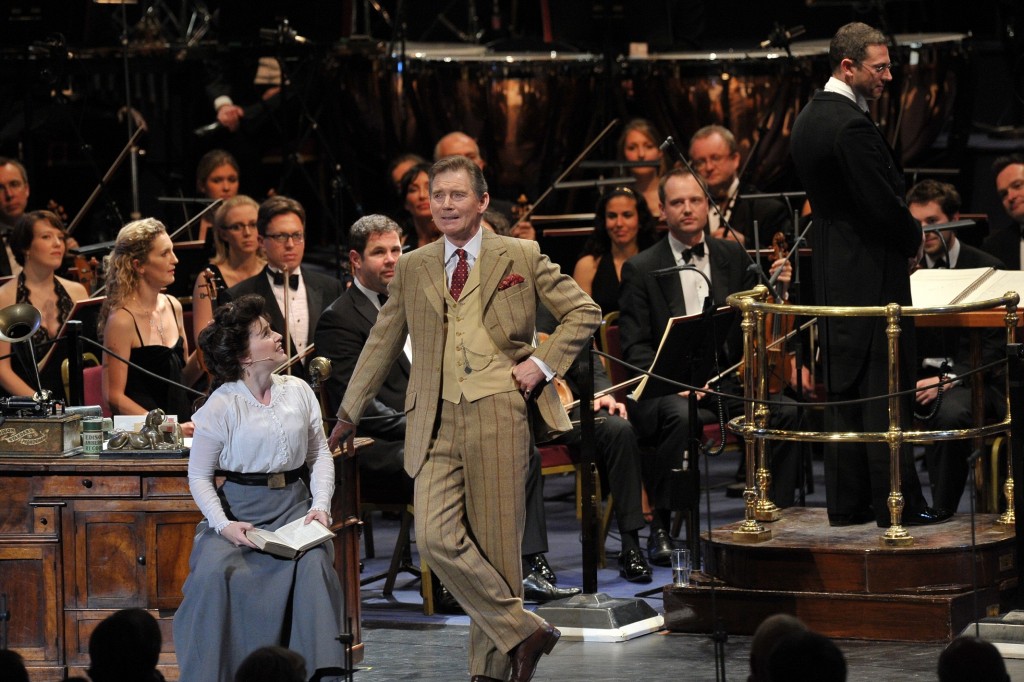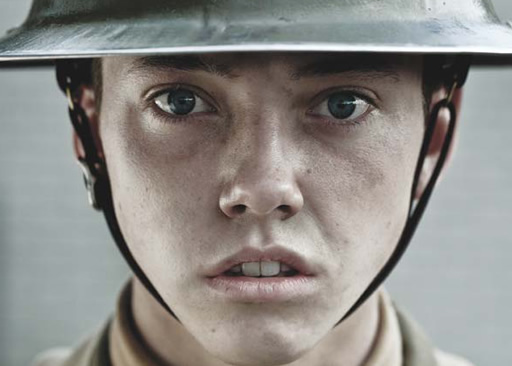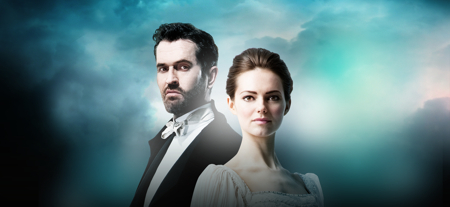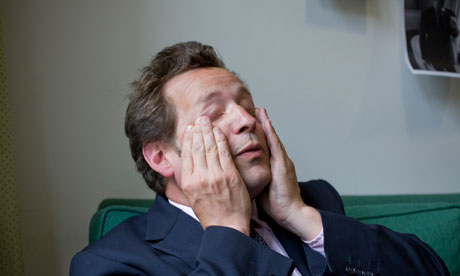Published by Daily Mail
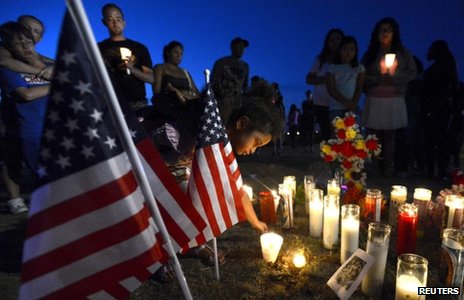 It was a casual midnight massacre in a cinema during a screening the new Batman movie ‘The Dark Knight Rises’. And now, just as with every passing mention of Pearl Harbour, Dunblane, or September 11th , this film will most likely be forever synonymous with the tragedy.
It was a casual midnight massacre in a cinema during a screening the new Batman movie ‘The Dark Knight Rises’. And now, just as with every passing mention of Pearl Harbour, Dunblane, or September 11th , this film will most likely be forever synonymous with the tragedy.
Clad in gas mask, ballistics helmet and body armour, the audience thought the shadowy figure was part of the theatre experience, until he released gas-emitting devices and opened fire. But the story is a familiar one: a lone and unsuspected gunman enters a building and fires indiscriminately, targeting whatever moves – men, women and children, this time including a six-year-old girl.
And so the United States of America is (once again) in mourning. The number of dead and injured makes this incident the largest mass shooting in modern US history: Aurora, Colorado, 2012 (70 victims) now follows Fort Hood, Texas, 2009 (37), which followed Northern Illinois University, 2008 (21), which followed Virginia Tech University, 2007 (59), which followed Columbine High School, 1999 (39), which followed Springfield, Oregon, 1998 (25), which followed Killeen, Texas, 1991 (45), which followed Jacksonville, Florida, 1990 (14)… Continue reading

